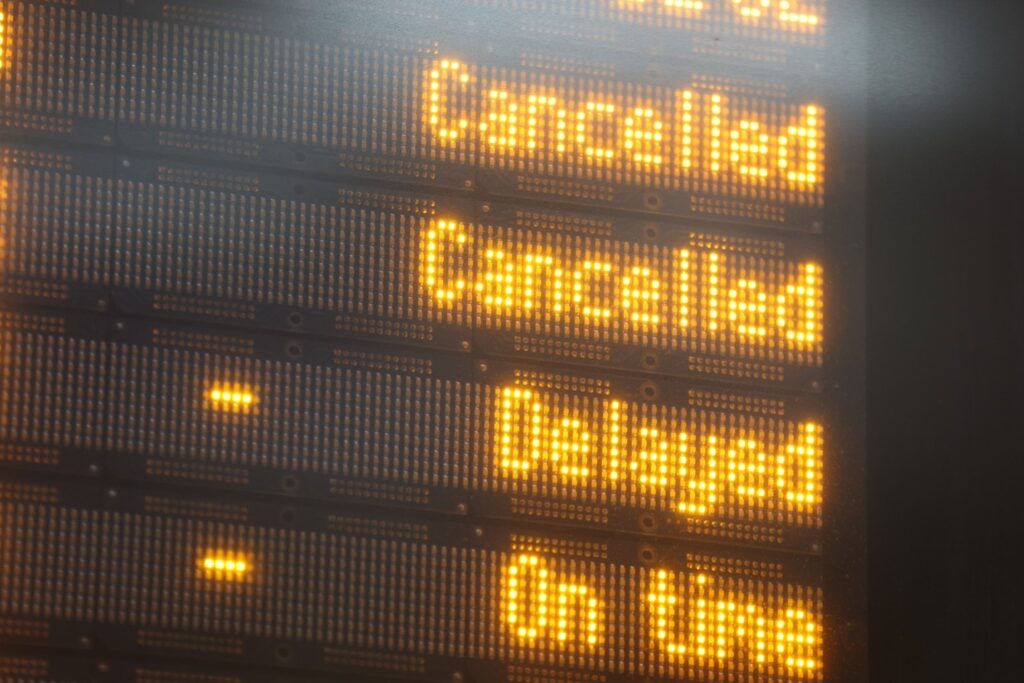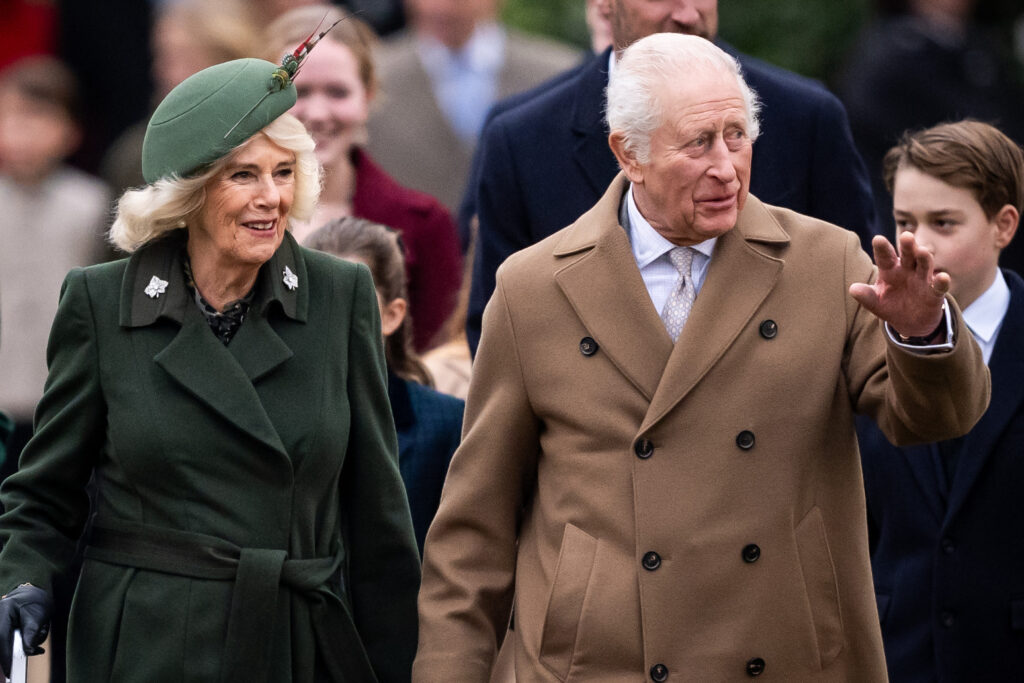This website uses cookies so that we can provide you with the best user experience possible. Cookie information is stored in your browser and performs functions such as recognising you when you return to our website and helping our team to understand which sections of the website you find most interesting and useful.
PM denies misleading the public over tax rises in Labour manifesto
26/10/2024

Sir Keir Starmer has denied misleading the public at the general election over tax plans for the Budget after he indicated that people who make money from shares and property could face greater levies.
The Prime Minister rejected claims he was waging a “war on middle Britain” amid speculation he could increase the burden for those who have income from assets.
Labour had pledged in its manifesto to not hike taxes on what it described as “working people,” explicitly ruling out increases to VAT, national insurance, and income tax.
But asked to define the term during a broadcast interview in Samoa, Sir Keir said it was someone who “goes out and earns their living, usually paid in a sort of monthly cheque” and who cannot “write a cheque to get out of difficulties”.
At a press conference at the end of the Commonwealth heads of government meeting (Chogm) in Samoa on Saturday, the Prime Minister was asked whether he was “plotting a war on middle Britain”.
“No. Let me clear about that,” he said.
“What we’re doing is two things in the Budget.
“The first is fixing the foundations, which is dealing with the inheritance that we’ve got, including the £22 billion black hole. We have to deal with that.
“In the past leaders have walked past those problems, created fictions, and I’m not prepared to do that.”
Asked whether he had misled the public in the Labour manifesto, the Prime Minister responded: “No, we were very clear about the tax rises that we would necessarily have to make, whatever the circumstances, and you’ve listed them there, and I listed them, I don’t know how many times in the campaign.
“We were equally clear in the manifesto and in the campaign that we wouldn’t be increasing taxes on working people, and spelt out what we meant by that in terms of income tax, in terms of NICs and in terms of VAT and we intend to keep the promises that we made in our manifesto.”
It comes after the Prime Minister told Sky News he does not consider people who have an income from assets such as shares of property to be working people, paving the way for potential tax rises.
“They wouldn’t come within my definition,” he said.
In a partial climbdown from Sir Keir’s position, Downing Street clarified on Friday that those who hold a small amount of savings in stocks and shares still count as working people.
Number 10 said Sir Keir meant someone who primarily gets their income from assets in his interview.
Landlords reacted angrily to his remarks, accusing the Government of “stoking misconceptions” about them.
“It is simply not true that landlords are not working people,” Ben Beadle, chief executive of the National Residential Landlords Association, said.
“Rather than stoking misconceptions, the Government needs to focus instead on the key challenge in the rental market, namely a lack of homes to rent to meet ever growing demand.”
Ministers have resisted going in to the fine detail of next week’s Budget, but sources have indicated she will seek to find £40 billion in tax hikes and spending cuts in order to avoid a return to austerity in next Wednesday’s fiscal statement.
Capital gains tax, inheritance tax and fuel duty are among some of the levers Chancellor Rachel Reeves could potentially pull to raise revenue as she seeks to put the economy on a firmer footing.
The Times reported she is also expected to hike employer national insurance by up to two percentage points and cut the earnings threshold at which employers pay contributions – measures that would raise a combined total of around £20 billion.
Ms Reeves has admitted she will raise some taxes, pointing to a £22 billion black hole in the public finances which she says she discovered had been left behind by her Tory predecessors after entering office, but has not specified which ones.
In an interview with LBC on Friday evening, the Chancellor said she would avoid increasing “the key taxes that working people pay – national insurance, income tax and VAT.”
Her opposite number, Jeremy Hunt, said raising employer NICs would amount to a “jobs tax” that will “harm businesses” and break Labour’s manifesto pledge.
The shadow chancellor said: “Raising employer NICs is a jobs tax that is paid by working people. Not only will it harm businesses, it will also mean fewer jobs and lower wages.”
The Budget will be delivered on October 30.
Published: by Radio NewsHub



